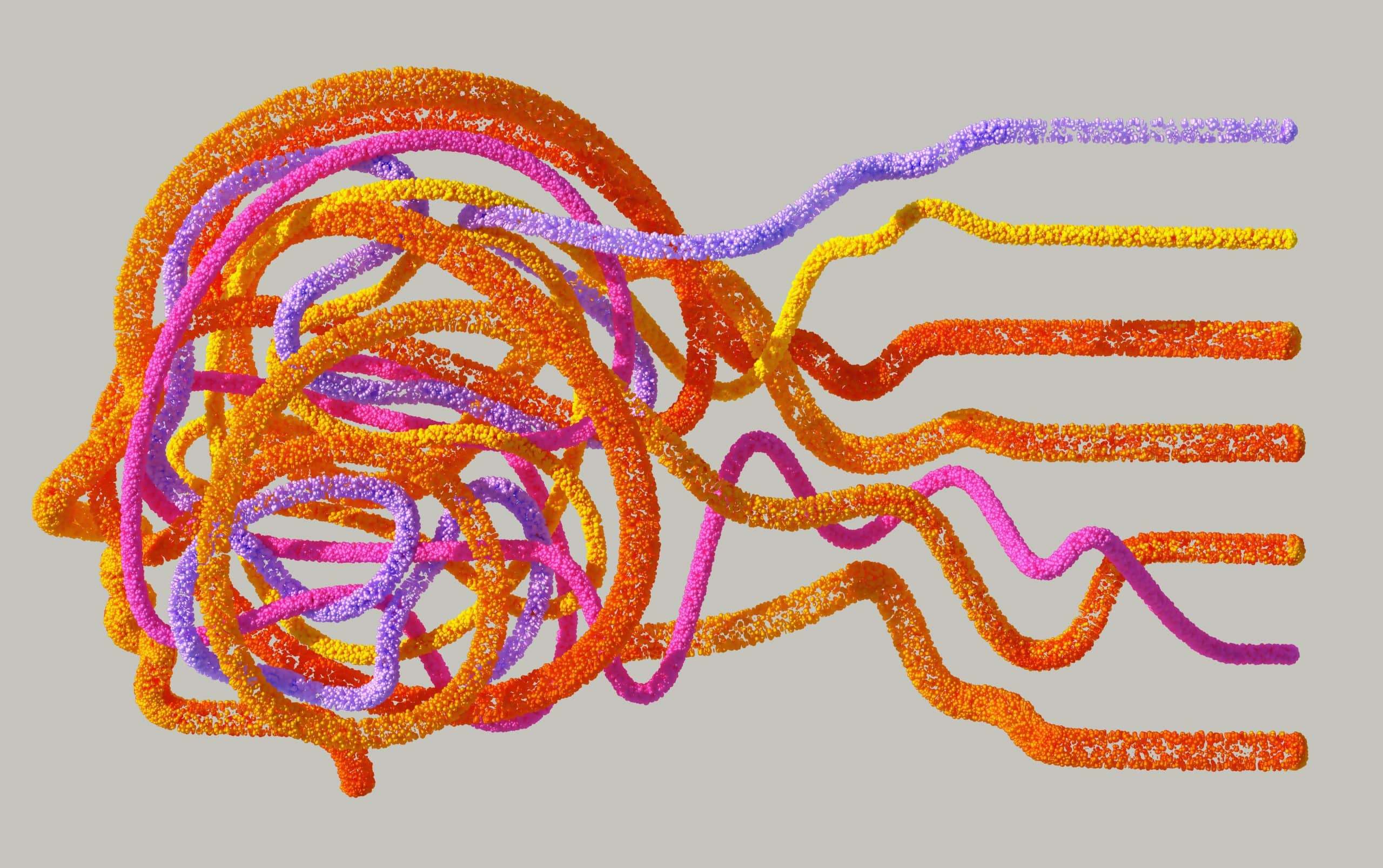High-functioning anxiety is an anxiety condition that frequently goes unnoticed because individuals who experience it often do well in life. They tend to their tasks, perform calmly, and excel in their daily duties. This type of anxiety goes overlooked because of the mask of outward competence, which makes people seem fully capable, healthy, and in control. Because these positive traits characterize this type of anxiety, health practitioners are not always able to recognize or diagnose an anxiety condition, leaving anxiety patients without medical intervention.
High-Functioning Anxiety: The Hidden Struggle

Common Signs and Behaviors
High-functioning anxiety shows up in a variety of ways. It can affect anyone regardless of age, gender, and background, but is more commonly present in the lives of high achievers, including students and professionals. Sufferers of this condition often showcase the following symptoms:
- Overthink everything, dwell on the past, and worry about the future
- Afraid to fail, overcommit to please others, set unrealistic expectations
- They procrastinate but can also be anxiously productive
- Have trouble relaxing and feel the need to stay “busy.”
- Experience physical symptoms such as stomach problems, insomnia, and frequent headaches
Why is High-Functioning Anxiety Missed and Misunderstood
High-functioning anxiety is an invisible struggle that many miss and misunderstand because patients never seem unwell and typically live productive and successful lives. They’re also very present and social and don’t isolate or show signs of internal struggle. Making it difficult for the anxiety sufferer to recognize the illness or to obtain medical treatment. Living in a society that praises high achievement may also make patients feel they must keep an outward appearance of having it all together to avoid rejection, judgment, or criticism.
Health Risks of High-Functioning Anxiety
It’s important for patients to understand the characteristics and symptoms of high-functioning anxiety so they recognize when it’s necessary to seek medical attention. Not obtaining help when it’s needed can lead to chronic stress that leads to burnout, depression, substance use, and physical health issues that can take a toll on one’s overall health.
Coping Strategies and Medical Support
Although high-functioning anxiety may feel like a never-ending internal struggle, there are so many options to help treat and manage this condition. The following are tools and strategies people can consider to live healthier lives:
- Cognitive Behavioral Therapy (CBT) and grounding techniques that keep you in the present moment
- Journaling to externalize thoughts and reduce their intensity
- Setting boundaries and learning not to overcommit
- Seeking a support system where you can have open conversations
- Engage in a culture of people who care to check in on each other and those who seem “strong.”
Concluding Thoughts
High-functioning anxiety doesn’t discriminate against anyone, and although a person suffering from this condition may seem like they have their whole life and health in order, it’s critical to know that these are the type of people who tend to suffer internal struggles and require the most help. Fortunately, people don’t have to suffer forever, and with the right support, people can live a more peaceful and balanced life.
Mental wellness should be a priority and taken seriously, even when it all looks fine on the outside.










